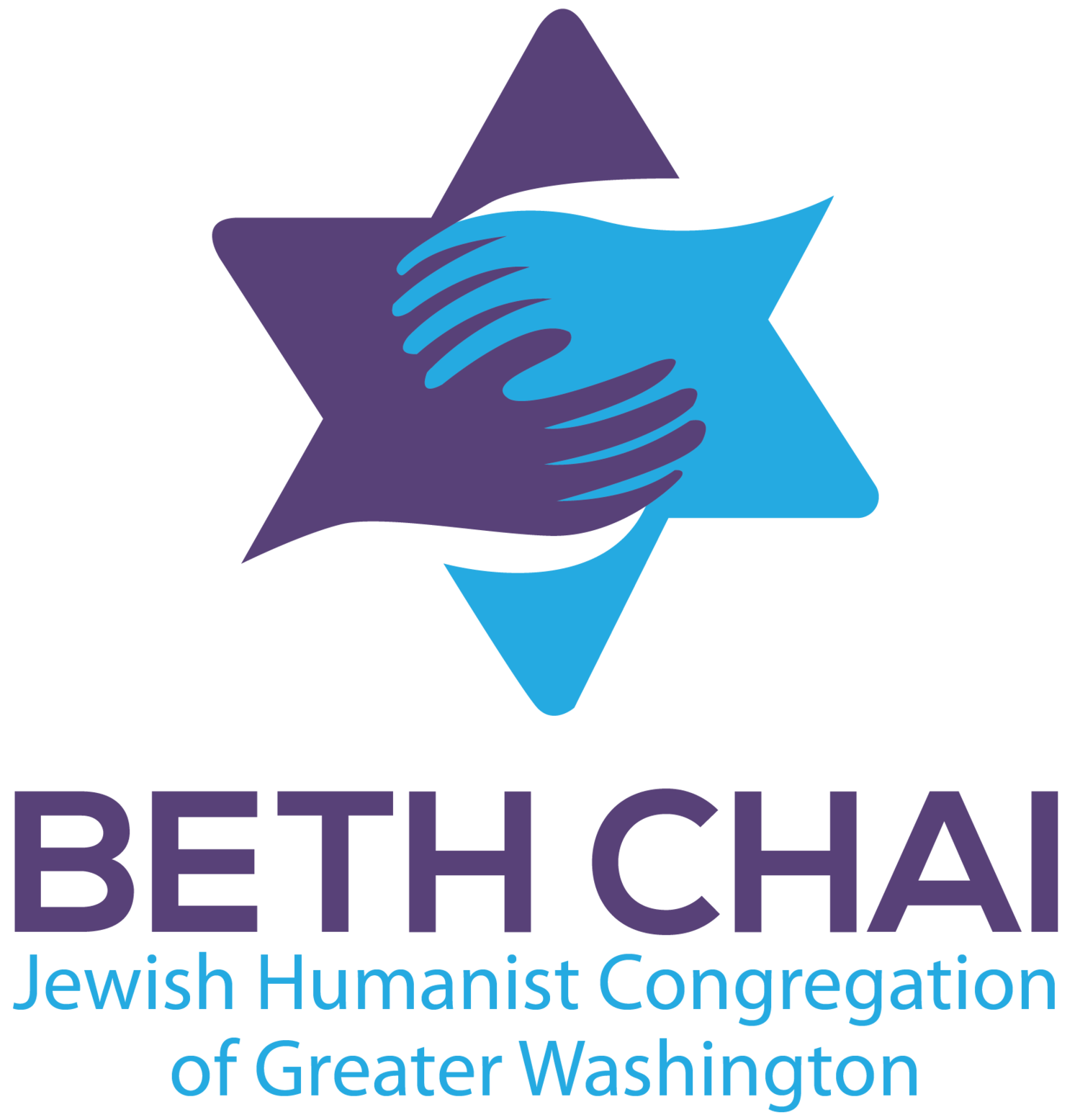BOOK BANS, BURNINGS AND DISCUSSION
Last night, I listened in on a town hall meeting organized by St. Paul’s Episcopal Church in Athens, Tennessee. Church members and people from their community joined together to talk about school board banning of Maus in their county. I truly appreciated that the Church allowed outside visitors to listen in; the only caveat was that we were simply observers and should not join in the conversation.
Being able to observe gave me insight into a community very different than ours and how they envision the controversy of Maus. I was truly impressed by that openness and also the sensitivity of the discussion. The meeting participants seemed to be struggling to fully understand the controversy, yet they were engaged and pushing themselves to think through the issues. They talked about upcoming discussions about church liturgy and changes to address implicit antisemitism. This morning, I received a follow-up for the meeting and an action plan about how people in the county can continue to be involved. It included links to Holocaust book lists from the Jewish Book Council and a follow-up Zoom meeting with author Art Spigelman himself.
I recognize that this one meeting and this one church community will not turn back the book banning. Plenty of people in McMinn County still support the ban. I also recognize that 150 miles to the West of McMinn County, in Mt. Juliet, TN, there was an actual book burning this week. Still, in our contemporary society, so fractured along ideological, political and geographic lines, it was refreshing to see progress towards understanding. And, by allowing “outsiders” to listen in, they expanded our view of their community, giving at least me a more nuanced and hopeful vision.
In this week’s Torah portion, Terumah, the Israelites bring various donations of supplies and commit themselves to building a tabernacle in the desert. Each person brings what they feel that they can best contribute and, together, they create a community core. I feel like this is a fitting portion for this week in our history. As a greater community, we need to search for ways – large and small – to bridge the gaps of understanding between them. Only then will we truly know Shalom, peace.
